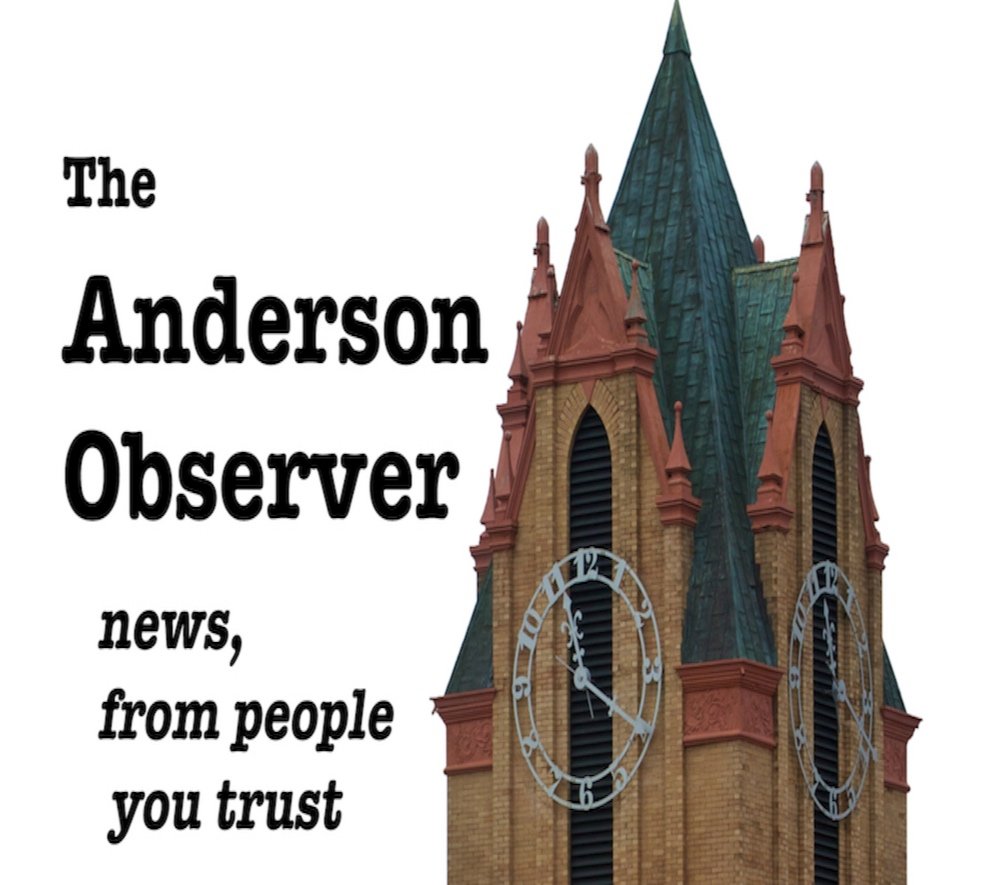Father's Day Owes Debt to Great Depression, Richard Nixon
Greg Wilson/Anderson Observer
Many dads are ok with socks and underwear. Seriously, most of us are just glad to be fathers.
The celebration of the big day changes days year-to-year, and is often lost in the "Dads & Grads" advertising frenzy. Father's Day falls on the third Sunday in June, and unlike Mother's Day, which has pretty somber origins, Father's Day was created in 1909 by a woman named Sonora Smart Dodd, to establish an official equivalent to Mother’s Day for male parents. She went around to local businesses to gather support for her idea, and on June 19, 1910, the state of Washington celebrated the first-ever Father's Day.
The event inspired President Woodrow Wilson and President Calvin Coolidge to urge Americans to acknowledge a day for dads during their administrations, but neither made it an official holiday. Unfortunately, the enthusiasm for the commemoration didn't last long. Then, during the 1920s and 1930s, people tried to do away with both Mother's Day and Father's Day and replace them with Parents’ Day instead.
But Great Depression retailers made a push to commercialize the holiday in an attempt to make money during dire times. As World War II started, people began to use Father's Day as a way to pay respect to American troops who were also dads.
Surprisingly, it was President Richard Nixon signed Proclamation 4127 in 1972, which declared Father's Day as a national holiday writing: "Let each American make this Father's Day an occasion for renewal of the love and gratitude we bear to our fathers, increasing and enduring through all the years."
